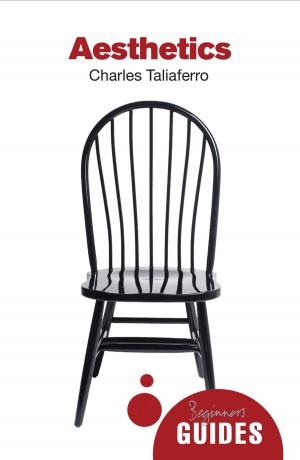| Author: | Roger Fry | ISBN: | 9788826031606 |
| Publisher: | Roger Fry | Publication: | February 26, 2017 |
| Imprint: | Language: | English |
| Author: | Roger Fry |
| ISBN: | 9788826031606 |
| Publisher: | Roger Fry |
| Publication: | February 26, 2017 |
| Imprint: | |
| Language: | English |
WHEN we look at ancient works of art we habitually treat them not merely as objects of æsthetic enjoyment but also as successive deposits of the human imagination. It is indeed this view of works of art as crystallised history that accounts for much of the interest felt in ancient art by those who have but little æsthetic feeling and who find nothing to interest them in the work of their contemporaries where the historical motive is lacking and they are left face to face with bare æsthetic values.
I once knew an old gentleman who had retired from his city office to a country house—a fussy, feeble little being who had cut no great figure in life. He had built himself a house which was preternaturally hideous; his taste was deplorable and his manners indifferent; but he had a dream, the dream of himself as an exquisite and refined intellectual dandy living in a society of elegant frivolity. To realise this dream he had spent large sums in buying up every scrap of eighteenth-century French furniture which he could lay hands on. These he stored in an immense upper floor in his house which was always locked except when he went up to indulge in his dream and to become for a time a courtier at Versailles doing homage to the du Barry, whose toilet-tables and what-nots were strewn pell-mell about the room without order or effect of any kind. Such is an extreme instance of the historical way of looking at works of art. For this old gentleman, as for how many an American millionaire, art was merely a help to an imagined dream life.
WHEN we look at ancient works of art we habitually treat them not merely as objects of æsthetic enjoyment but also as successive deposits of the human imagination. It is indeed this view of works of art as crystallised history that accounts for much of the interest felt in ancient art by those who have but little æsthetic feeling and who find nothing to interest them in the work of their contemporaries where the historical motive is lacking and they are left face to face with bare æsthetic values.
I once knew an old gentleman who had retired from his city office to a country house—a fussy, feeble little being who had cut no great figure in life. He had built himself a house which was preternaturally hideous; his taste was deplorable and his manners indifferent; but he had a dream, the dream of himself as an exquisite and refined intellectual dandy living in a society of elegant frivolity. To realise this dream he had spent large sums in buying up every scrap of eighteenth-century French furniture which he could lay hands on. These he stored in an immense upper floor in his house which was always locked except when he went up to indulge in his dream and to become for a time a courtier at Versailles doing homage to the du Barry, whose toilet-tables and what-nots were strewn pell-mell about the room without order or effect of any kind. Such is an extreme instance of the historical way of looking at works of art. For this old gentleman, as for how many an American millionaire, art was merely a help to an imagined dream life.















